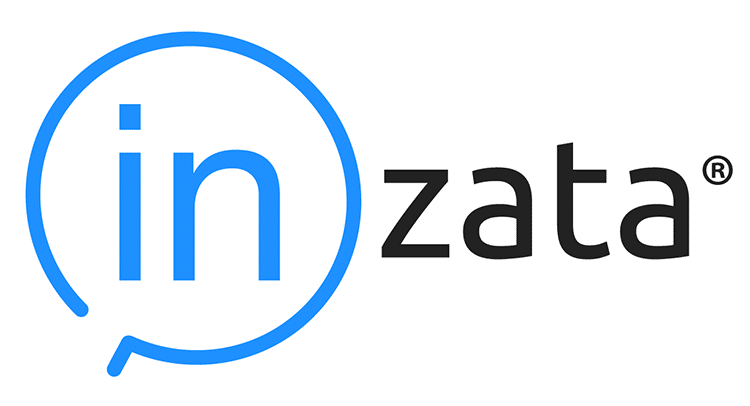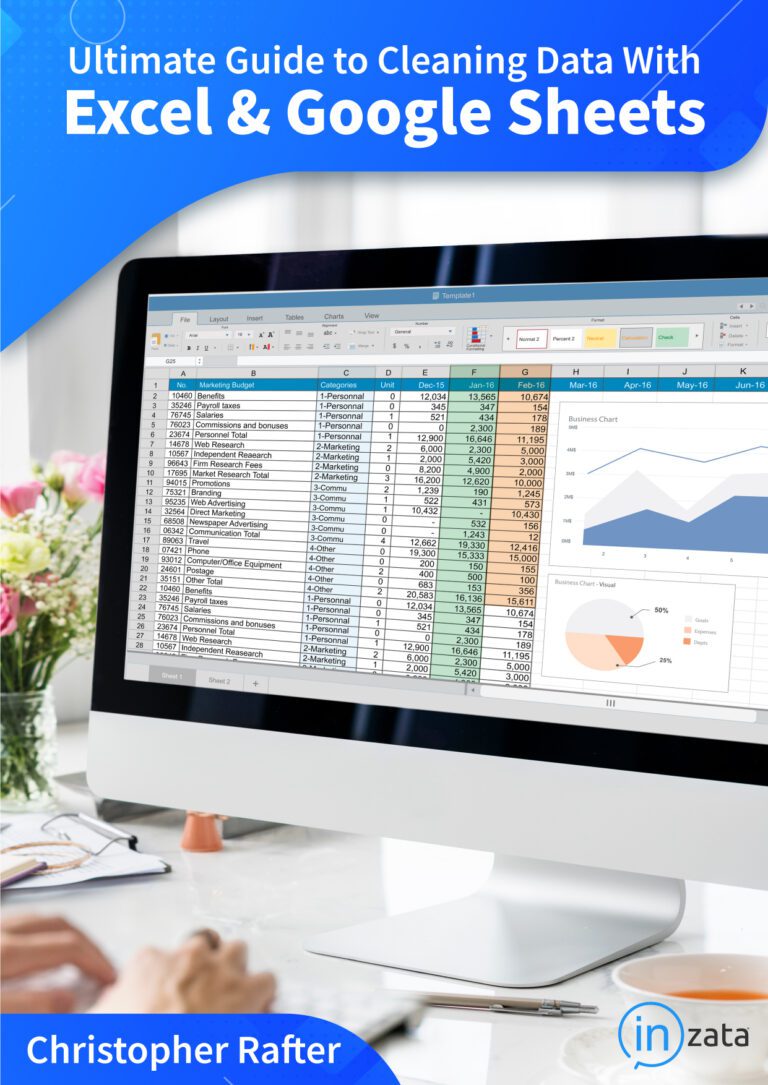Taking advantage of big data systems is a challenge that many companies are just beginning to confront. Within these efforts are serious questions about how data monetization can be done to increase revenue. It can be helpful, however, to think about what exactly data monetization is and how data analytics can be employed to turn a profit.
What is Data Monetization?
Most companies have the capacity to collect information about their customers, marketing efforts, operations, etc. From the data that’s collected during registration of products to information gleaned from shifts in inventories, a lot of organizations are churning through significant amounts of data, regardless of whether they’re truly taking advantage of it. When those efforts become focused on turning a profit through re-selling their non-private data, that’s when it becomes a monetization effort.
The How
A business has to develop a commitment to collecting and using big data. Information can be culled from a variety of inputs, but the critical thing is that the data then be stored in databases, processed through a data analytics platform, and organized in a style that is able to be presented and sold. This means developing a process that can handle the amount of data and an internal culture that seeks the connection between big data insights and revenue, i.e. the goal of any data monetization process.
Should I Sell Data?
The simplest business case for data monetization also happens to be one of the most difficult for companies to use: selling data. While it’s straightforward from a conceptual standpoint, it ends up being the most challenging because sellable data has to be something that can’t be found elsewhere and you need to have an insane amount of it. For a company like Facebook, which has built its entire business model on selling data, that’s fine. For a firm that’s established in a different sector, such as retail or healthcare, it may simply be prohibitively difficult to pull off. There are also frequently ethical and legal concerns that accompany such a business model.
Stopping Revenue Losses
At most operations, there’s a sense that money is being lost, but putting business processes in place to prevent those losses isn’t always simple. One advantage of leveraging big data at a company is that it allows you to scan through a large amount of information to try to find patterns that humans would either never recognize or take years to identify.
In the healthcare world, for example, segmentation is being increasingly employed in the billing and collections processes. A hospital’s collections department might determine, based on what it has learned from data analytics, that a segment of the population is highly unlikely to respond to a phone call about an outstanding bill. They can then divert resources toward seeking collections from patients who are more likely to answer their phones and agree to pay their bills. Similar approaches can be used by companies to deal with fraud, piracy, counterfeiting and theft-of-services issues.
This kind of information is what other companies are willing to buy. They see the value of investing in information that will prevent a decrease in revenue while also avoiding discovering such insights themselves. Essentially, they will spend money to avoid losing even more money, and time.
Selling Answers
A quality big data operation can become an asset in its own right. If you have data scientists in place and people already generating insights, you can sell those insights as products. In the financial sector, we see major players like Gartner regularly selling the answers they’ve gleaned from their existing efforts. Being able to get insights out of your data is more valuable than being able to collect and process it, and others who’ve struggled to complete that final step will often pay well to not have to bother with it themselves.
Changing Customer Relationships
Just as customers can be segmented to reduce losses, they also can be segmented to drive growth in sales. Many retailers have found, for example, that potential repeat customers are often just waiting to be given the right offer. If you have an email marketing list in place, you can test different offers and analyze who responds to which pitches. In fact, many websites have turned this into their main business model.
This is another example of data that is worth monetizing. If a retailer has customer purchase behavior data, there is no doubt that it is extremely valuable to another non-competing retailer.
In Conclusion
The amount of time and resources that goes into collecting any type of data is something of value. It is human nature to prefer to pay for something to be done, rather than doing it yourself, at least when it comes to something so tedious. Companies that have spent years and years gathering big data, whether it be from customers, products, services, operations, etc., could possibly have a monopoly on extremely useful information that other companies are willing to purchase.
With the right data analytics tools, big data can be monetized in minutes. Are you investing in your big data?


